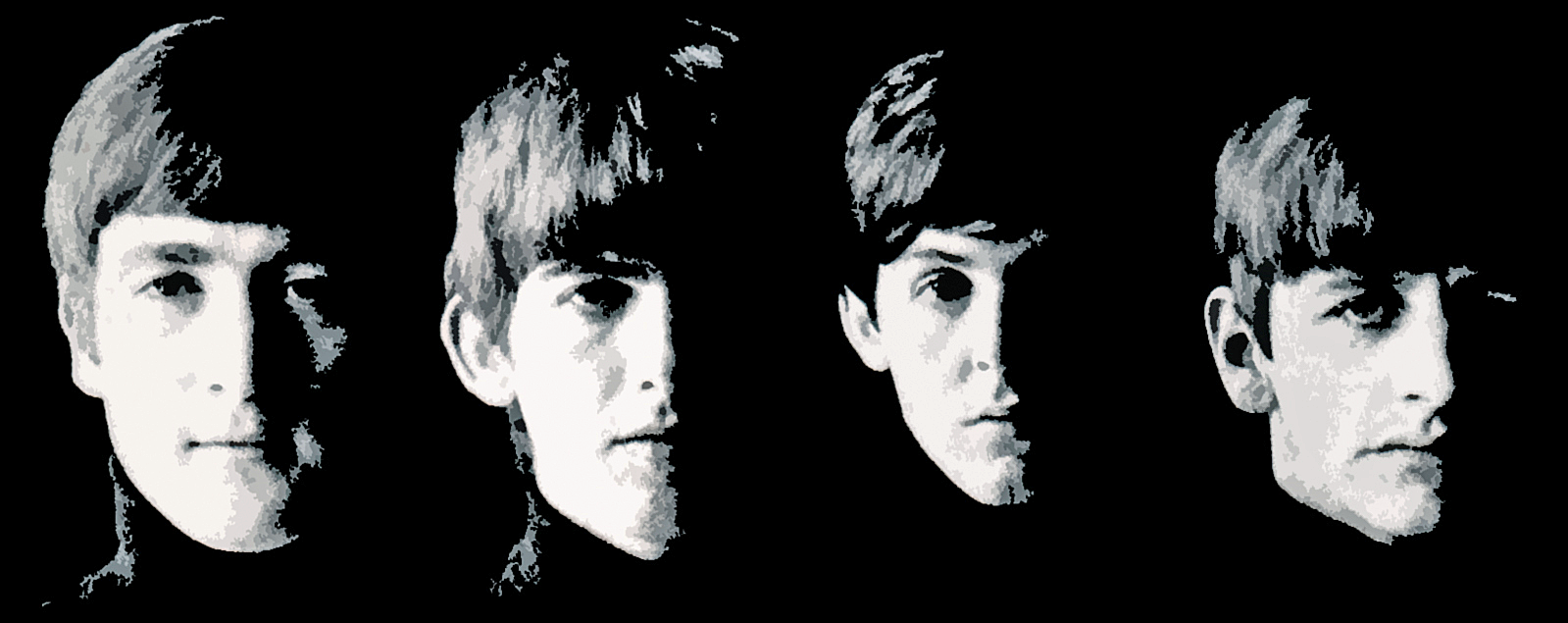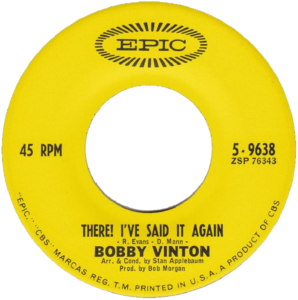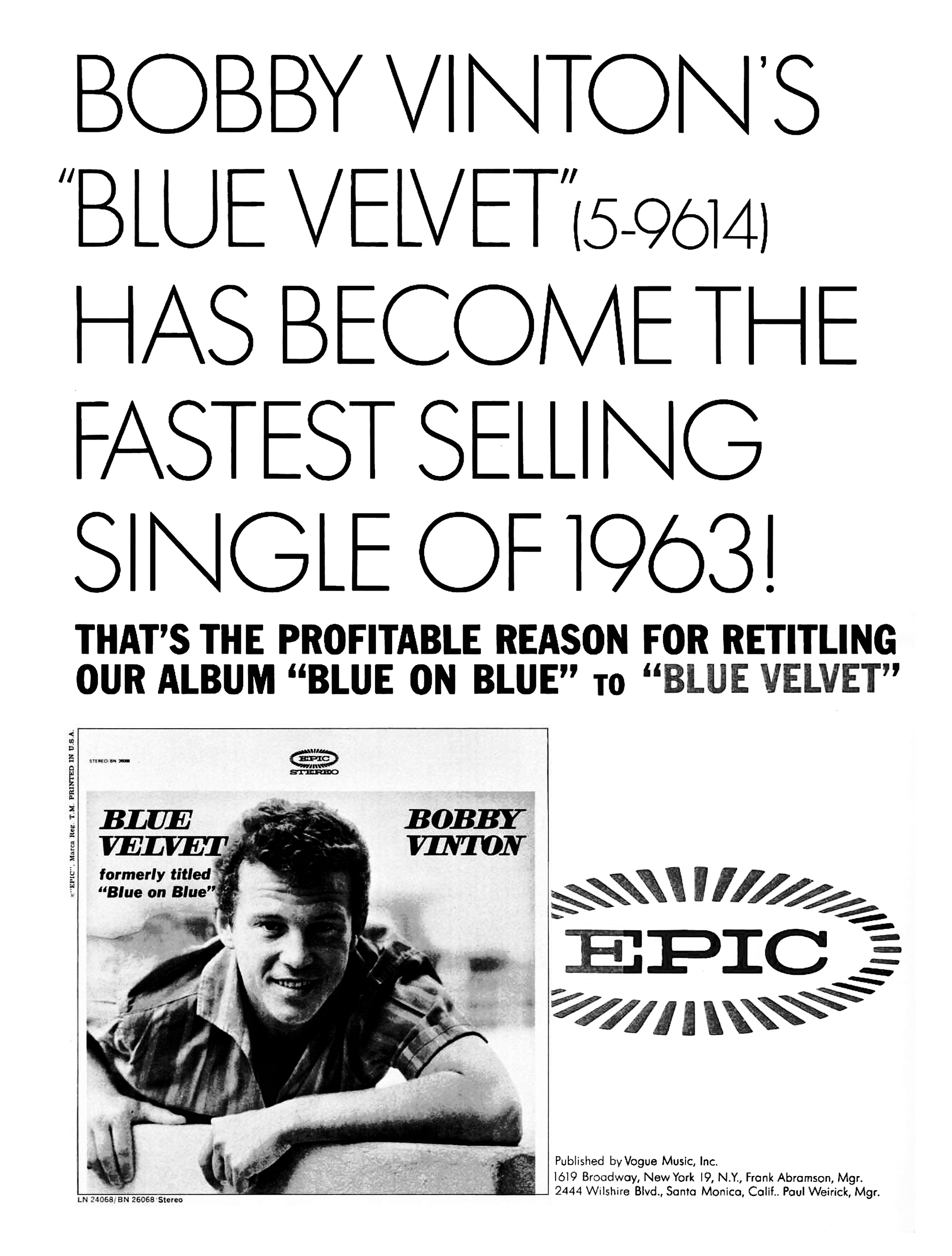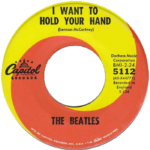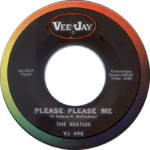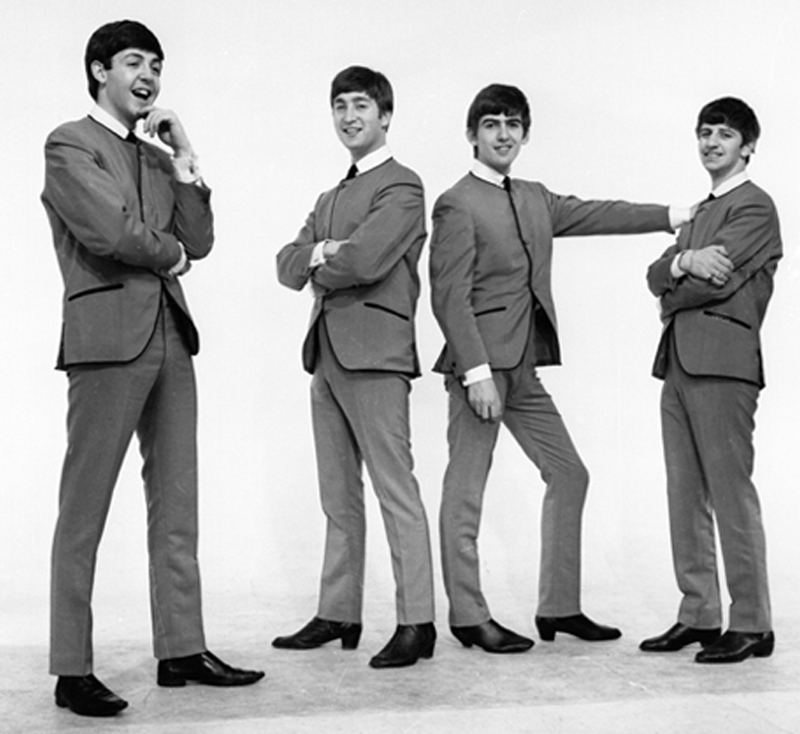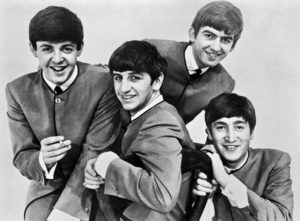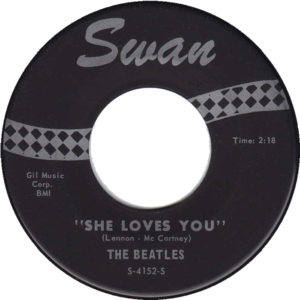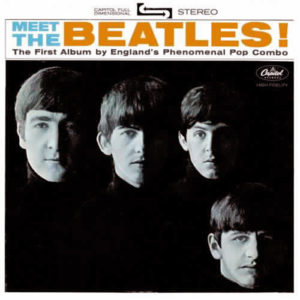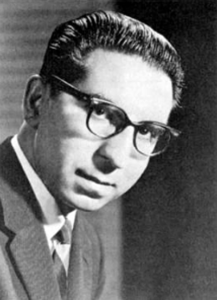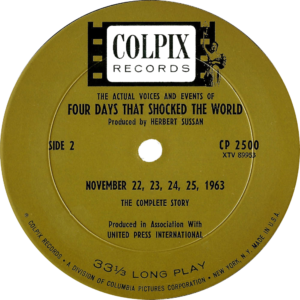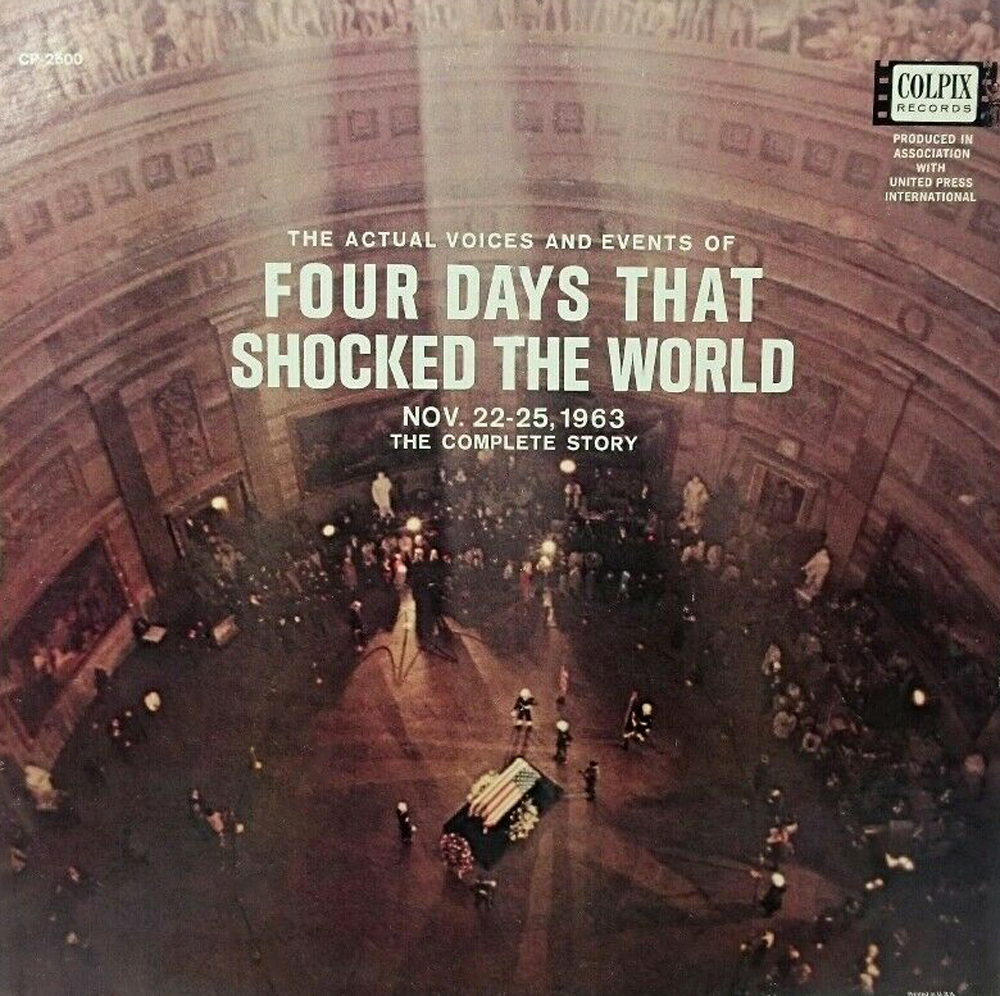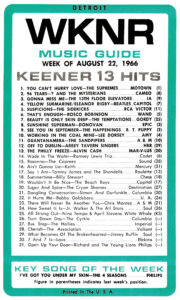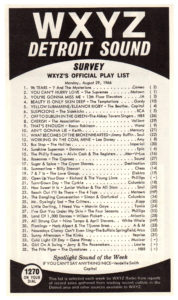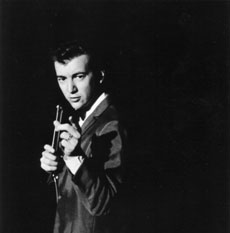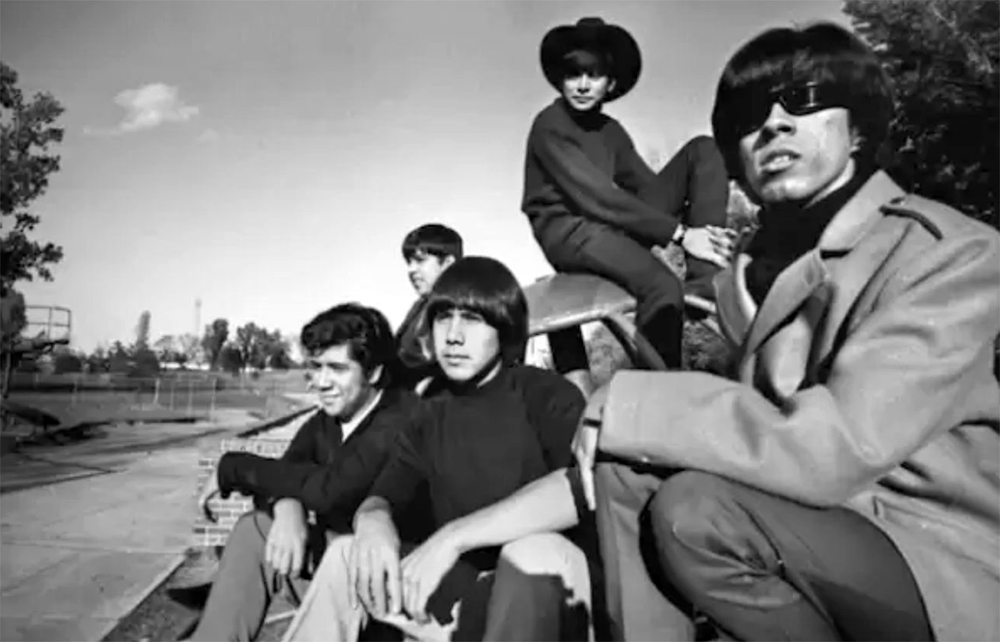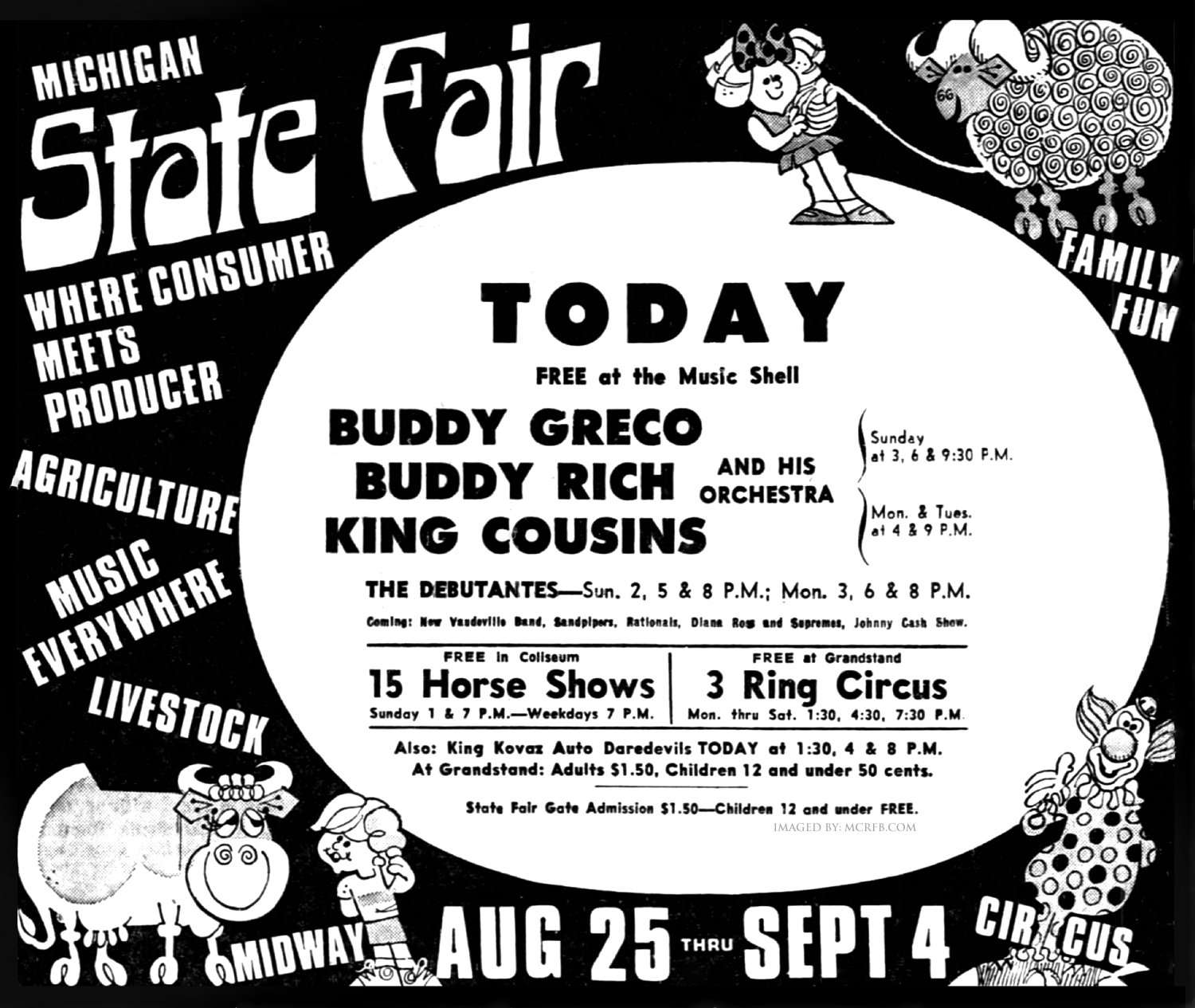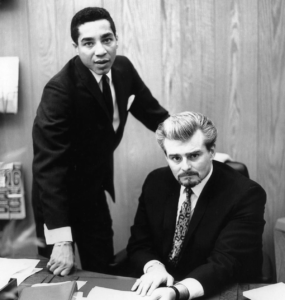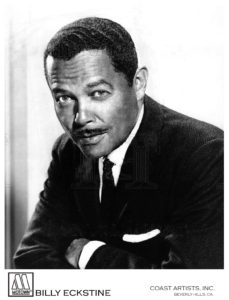 Beatles Wax Hot 100 With 12 Singles; Owns Top 5 on Chart, Week-Ending, April 4 1964
Beatles Wax Hot 100 With 12 Singles; Owns Top 5 on Chart, Week-Ending, April 4 1964
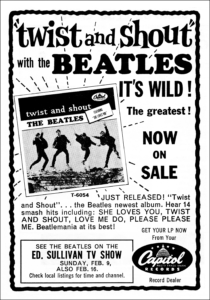
NEW YORK — Just about everyone is tired of the Beatles. Disk jockeys are tired of playing the hit group; the writers of trade and consumer publication articles are tired of writing about them and the manufacturers of product other than the Beatles are tired of hearing about them. Everyone’s tired of the Beatles — except the listening and buying public.
Two more Beatles singles popped onto the Hot 100 this week, “You Can’t Do That” on Capitol and “Thank You Girl,” on Vee-Jay. This ups last week’s total of Beatles records on the chart to 12. “You Can’t Do That” is the flip side of “Can’t Buy Me Love” which broke in at No. 27 last week and went to No. 1 this week.
Canada Source
The mass of Beatles material being supplied to American radio stations and stores is being increased again by product from Canada. Latest is “Love Me Do”, which is getting hot air play across the country. Now that U. S. retailers and subdistributors have set up air corridor channels of supply with Canadian subdistributors, “Love Me Do,” like the previous “All My Loving”, can be expected to funnel into the country at a much quicker and regular rate.
One thing that seems to have handicapped output of the “Love Me Do” single is the accidental breaking of one of the pressing masters in Capitol of Canada’s plant.
The Prices
Prices paid for those three Capitol of Canada disks from Canadian one-stops is approximately 61 cents and they are being sold to other retailers in this country for 75 to 89 cents. The retailer who gets on the street first with the disks can sell them for anything from $1.25 to $1.75. But as the amount of Capitol of Canada singles appear the price declines. It seldom goes below 99 cents, however.
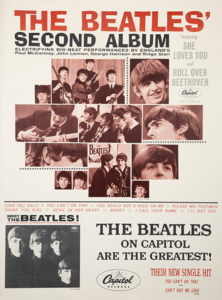
There was also some demand for the Capitol of Canada LP, “Beatlemania”, but requests for this have diminished somewhat. It is understood that “Beatlemania” will be repackaged to conform with the new U. S. Capitol LP called “The Second Beatles Album”. There are two Capitol of Canada LP’s which have found their way into the U. S. market. “Twist and Shout” is the other. These package are being purchased for approximately $2.60 and it was reported that in Boston they were sold by some retailers for as high as S6. The Canadian LP price is S4.20.
Nine Positions
In Canada, the Beatles hold the first nine chart positions (italics added here for emphasis). With the addition of “Can’t Buy Me Love” at the No. 1 post, they now hold the first five slots on the Hot 100. Geoffrey F. Racine, executive vice- president of Capitol of Canada, has denied reports that any firm in the U. S. has distribution rights to “Roll Over Beethoven”. Racine also said that the company is not exporting Beatle Records to the United States and has no intention of doing so. He does admit. however, that records are being shipped here through one-stops and other large buyers of records who happen to have branches in Canada. It is also known that many American record merchandisers have set up specific deals with Canadian subdistributors of Capitol product. END
_______________
Information and news source: Billboard; April 4, 1964
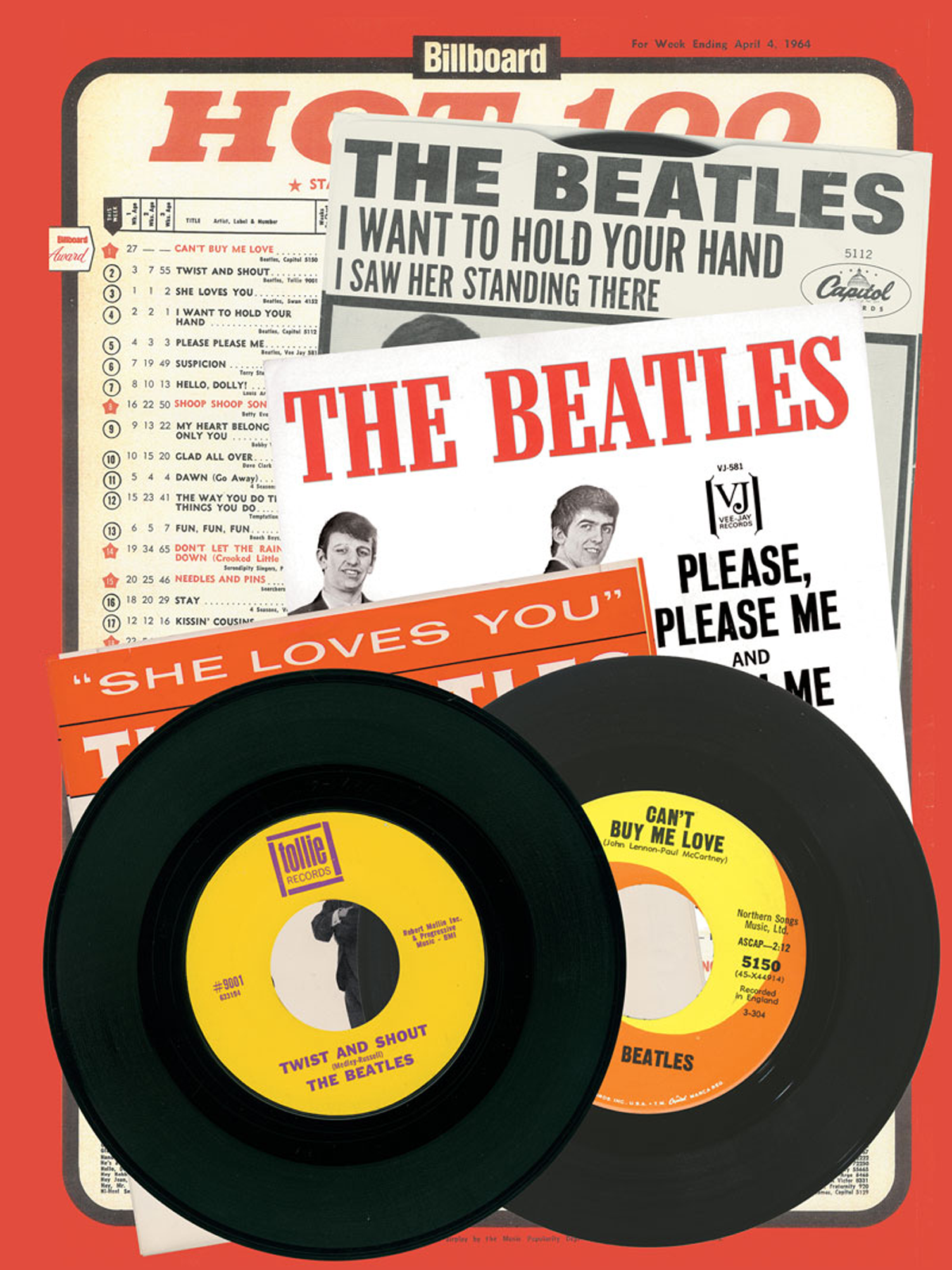
![]()
